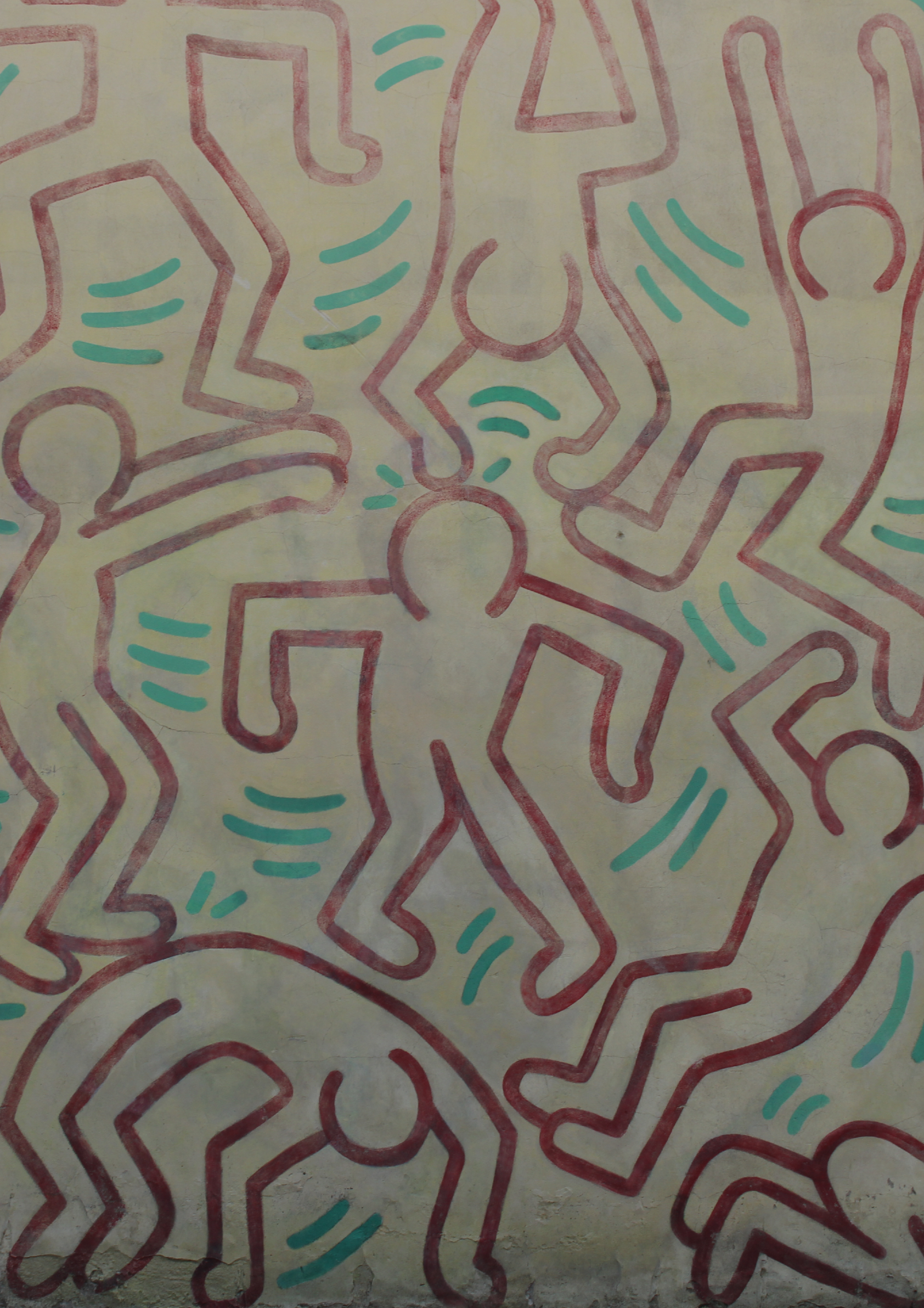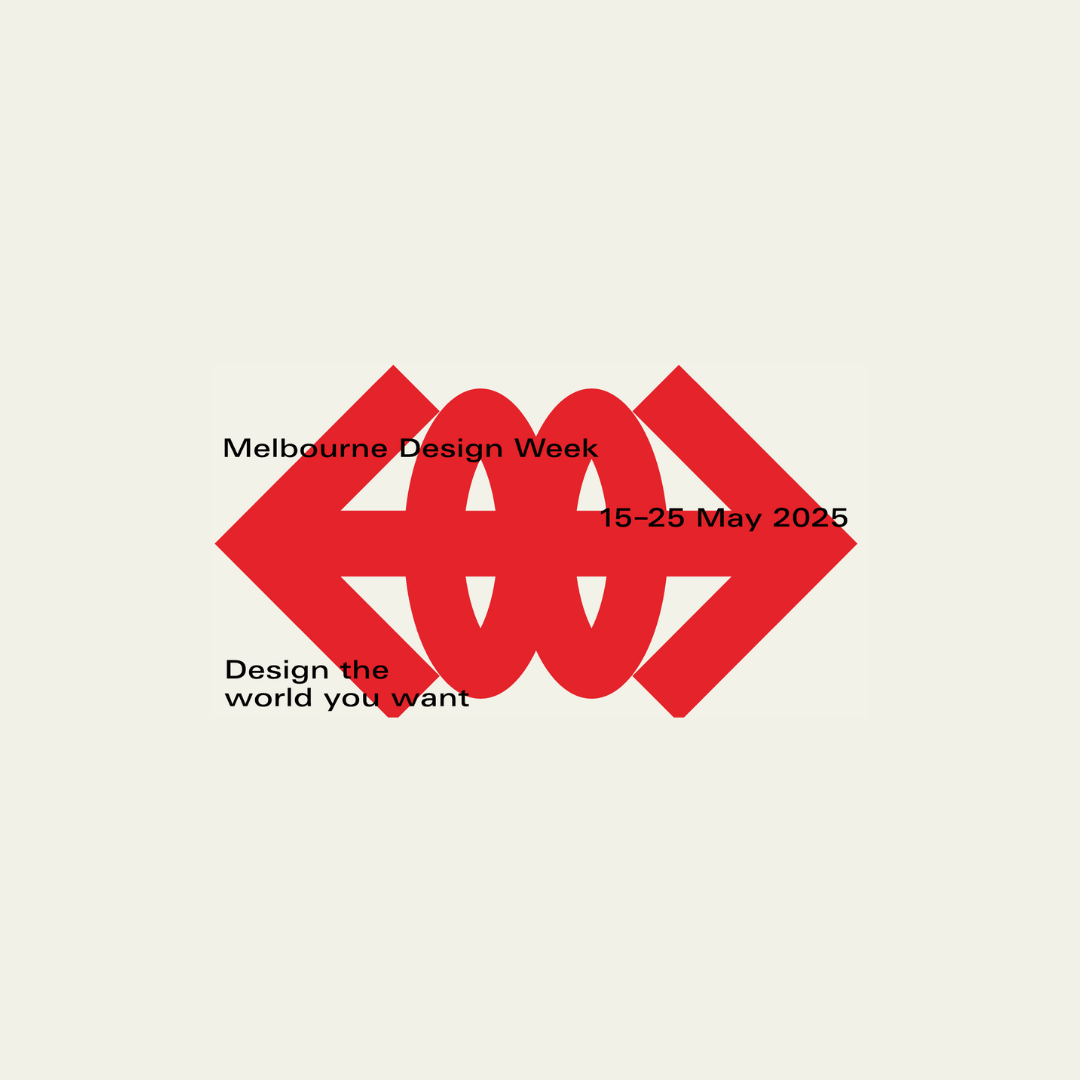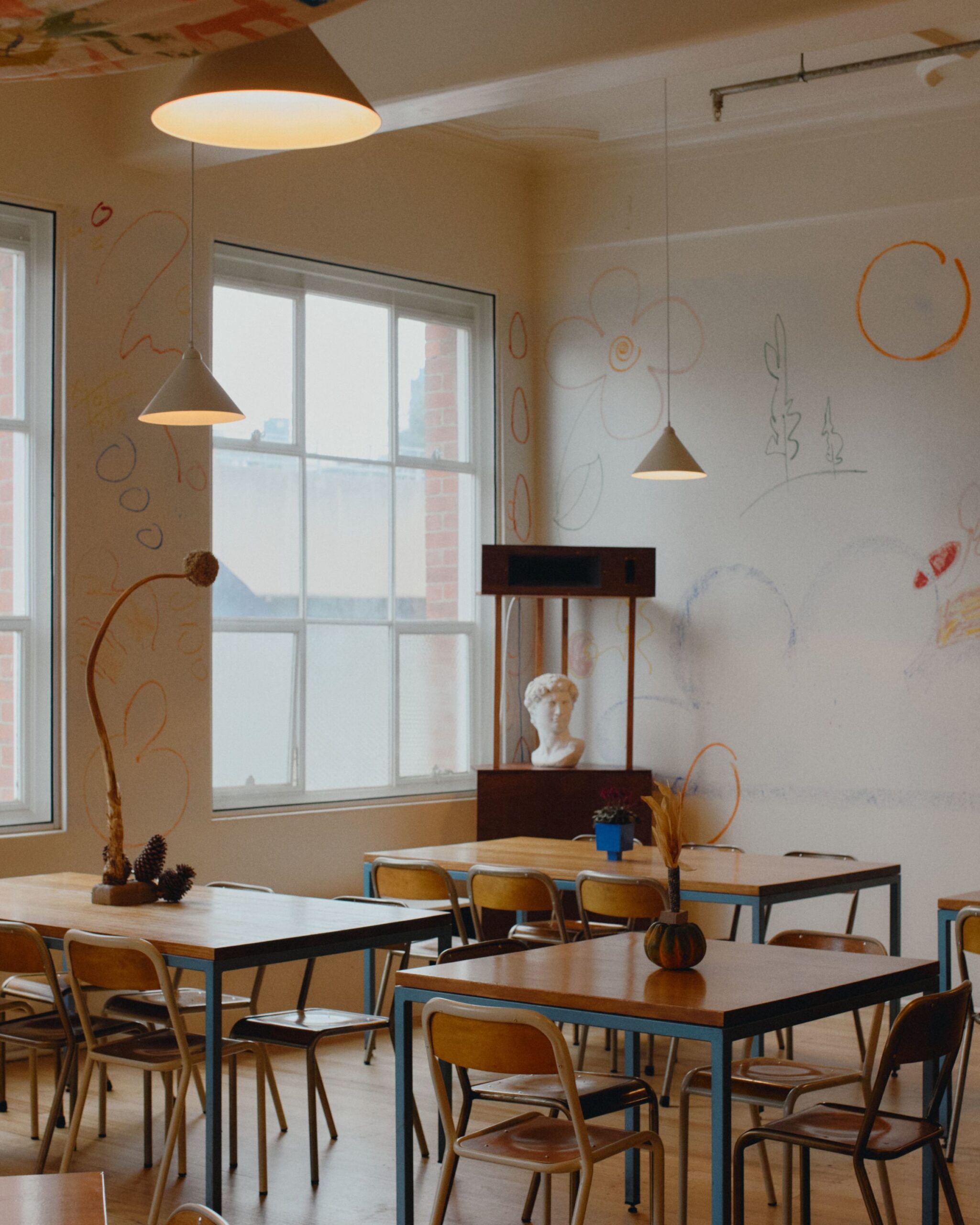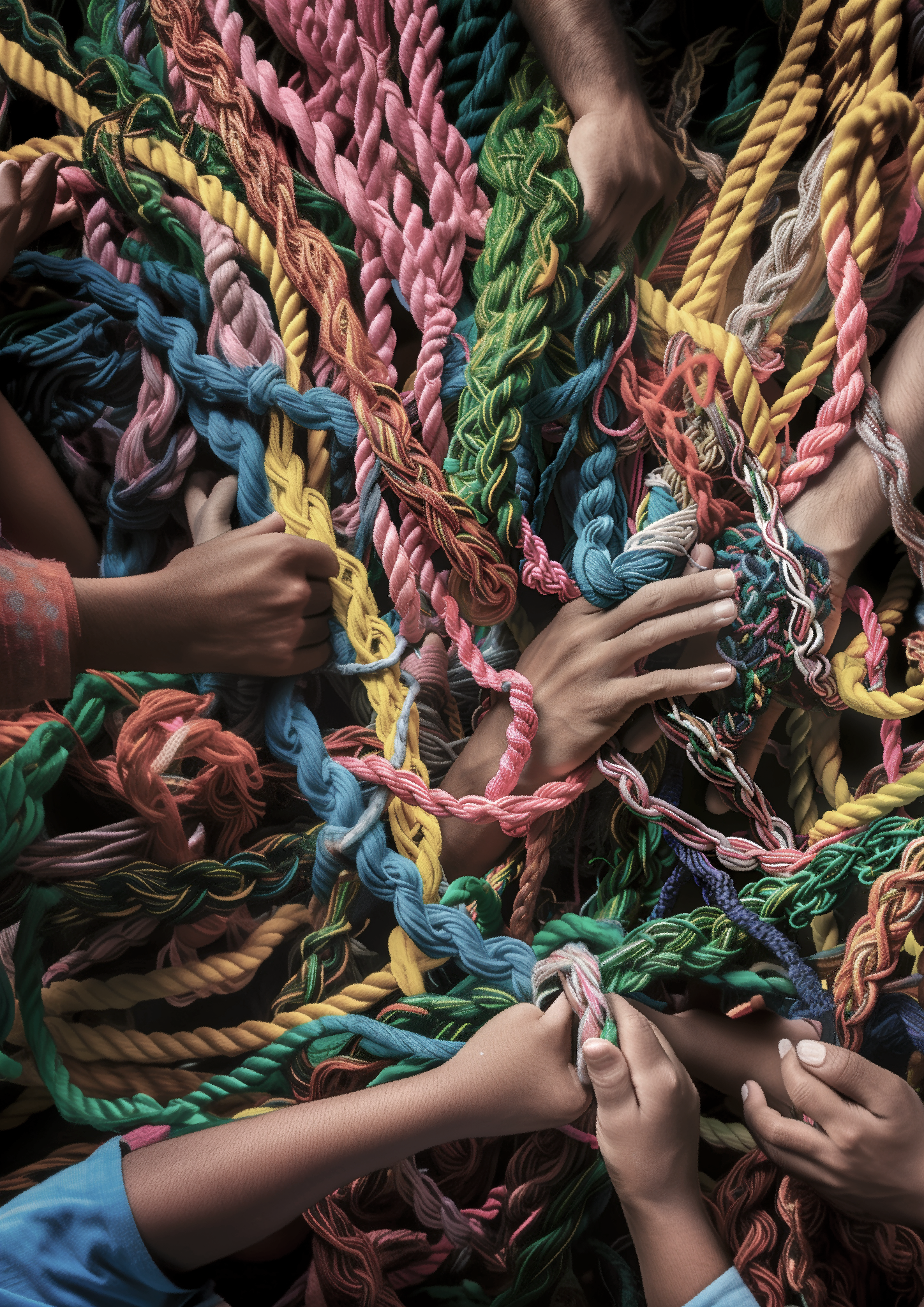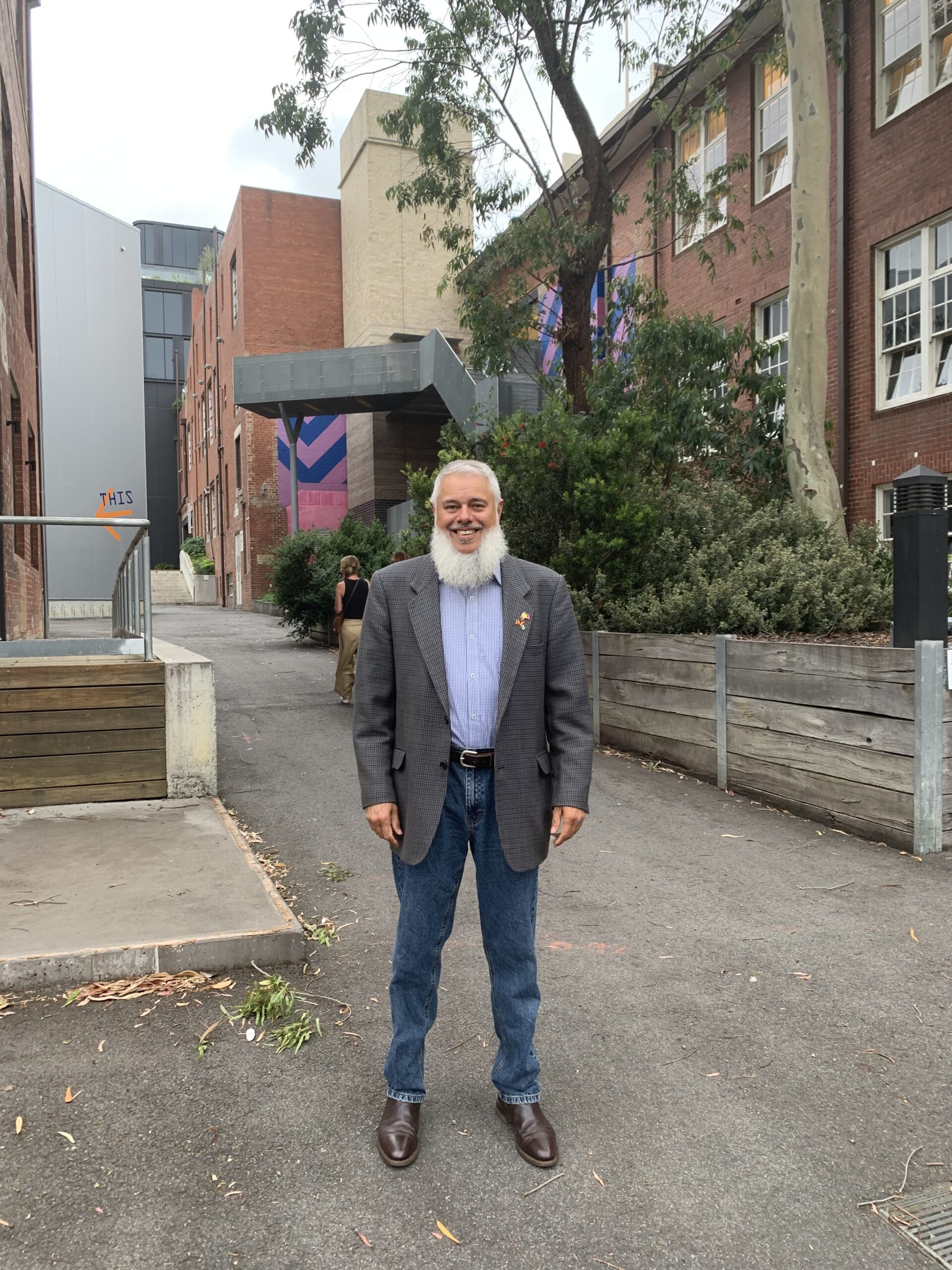Sitting down with Joe Alexander
Director of Music in Exile

So, sitting down with Joe Alexander, Director of Music in Exile, actually, which would you prefer, Director or CEO of Music in Exile?
(laughs) Ha, um…I think I like Director.
So, Director of Music in Exile, give us a bit of background about yourself and how Music in Exile came to be.
Sure, yeah, so my name is Joe Alexander, Director of Music in Exile. Music in Exile is a non-profit record label and registered charity supporting Australian musicians with lived experience of migration or displacement.
My background is in music, I’ve played in bands, I’m a drummer in a couple bands and I grew up playing music before getting into record labels pretty young. When I was around 17 I started a record label called Bedroom Suck Records up in Brisbane. It was kind of a DIY, indie, experimental music label and I did that because I was playing music, I didn’t have a label and I didn’t really know what to do, or how to get the music out there, so I figured I would start my own label. So I did that for – I mean I still have that label – but I did that for about 12 or 13 years, and since then as part of that journey I moved to Melbourne to get closer to the music scene down here.
I was always curious about how I could try and lend my skills and networks that I’d developed while running the label towards helping others, I guess, trying to contribute something back to the community. I ended up dropping out of uni just to run the label and I feel like over the many years of doing that and touring and making connections, yeah, you kind of build this specific set of knowledge of what you need to run a label.
What are some of these key things you’ve learned?
I guess it’s mostly just about distributing music. How to get your music online through streaming services, pressing vinyl, getting music into record shops, promoting music, contacting radio, stuff like that. I sort of started asking the question ‘who’s out there in the community that doesn’t have access to that stuff?’ There are people out there that are making music and doing amazing things, but they struggle to get heard or to gain access to the industry.
So I started digging around, I spoke to some friends and lots of cultural organisations like Multicultural Arts Victoria and a few others, and just started talking to people and it quickly became obvious that there was like a massive group of artists, particularly in Melbourne but also all around the country, that are making amazing music and that are so talented that just struggle to access the industry. You know, these artists might have recently arrived in Australia, they might not know the ropes, might not have anyone to support them or know where to reach out.
What are the musical influences that motivated you to get into this space?
I come from a sort of punk DIY background I used to play in like, a thrash punk band, sort of skater punk, it’s called Loose Grip. You know, it’s just kind of bratty, snotty punk we used to play like hardcore shows in Brisbane. I guess that DIY culture of punk maybe had a pretty big influence on me. We used to always print our own zines or print our own cassettes and CD’s and distribute them. We’d Just put on our own shows, get a PA or get an amplifier and go and put on a show somewhere.
So yeah, I guess that punk stuff really maybe influenced me in terms of starting the record label.
Now how has your experience been at Music in Exile and could you give us some highlights of the experience in having run this thing, for how many years now?
It’s been about four years.
Four years, nice.
Yeah, it’s been amazing.
I’ve found, obviously, that there are just so many amazing artists out there and it’s just incredible there are artists who are super talented and often have achieved a lot, maybe in their home country, kind of superstars, but who are now living in Melbourne or living in Australia and are just totally disconnected from the music scene.
There’s this artist Muluu Baqqalaa, who’s from Ethiopia. She’s incredible, a very glamorous pop star making amazing music, who now lives down the road in Fitzroy.
I think the biggest highlights are all the live shows and tours, we just did a tour with Ausecuma Beats. They’re this West African, Cuban collective, who just make the funnest music. It’s so warm and inclusive and so much fun. So I think just being on the road with artists like that, helping them put on shows and meet people, get rooms of people dancing, it’s always a good time.
So now having been at Collingwood Yards for a little bit have you had a chance to engage with the community here, do some collaboration?
Yeah, I love it here. We’ve only been here for a couple of months and I’m just recently really starting to feel how much opportunity there is here to work with other people. We’re planning some dinners at Hope Street Radio, with dinner and music. We’re planning a party at Runner Up Bar, we’ve worked with Stay Soft Studio on their market that they have here. There’s lots of really exciting opportunities.
Had a chance to work with PBS at all?
We have, a bunch of our artists have been in there for interviews and performances. So yeah, we love PBS. Love Music Victoria and The Push. We’re also going to be doing something cool with The Social Studio later this year. So I’m definitely starting to see how much opportunity there is and it feels really nice to be part of this community.
So let’s say I was a new listener to music in exile. Say this is my first experience encountering their music. What would you recommend for different people with different tastes?
Alright so Gordon Koang’s album, it’s called Unity. That’s probably one of the first records that we made. Gordon was one of the first artists that we worked with and it’s amazing. It’s just like a total pop banger, really catchy songs, really amazing songwriting. Definitely recommend that.
If you want some more kind of mellow, ambient stuff. Mindy Meng Wang is amazing. She’s a Chinese guzheng player, which is this 21 string Chinese harp. Yeah, there’s some beautiful records of hers. She did a record recently with this artist called Sui Zhen, which is kind of dreamy pop mellow sort of stuff.
I mean there’s too much to cover. We did a whole remix series, so if you want some more like club, electronic music. There’s some pretty banging remixes. We did some stuff with Sleep D and Andras and all these amazing Melbourne electronic musicians. There’s a whole range, I reckon just dive in and you’ll find something that you like.
What does the future of Music in Exile look like at this moment? What are the plans going ahead?
Yeah, well we’re stoked to be Collingwood Yards. I think we’re going to try and grow our team potentially, bring on some staff members so that we can do more. We’re hoping to launch an artist development program shortly, so we’re going to have some new artists coming in, working on new material, recording, releasing music, that kind of stuff. So yeah, I think mostly I’m really excited about just bringing in a new wave of young talent and helping some new artists get their names out there.
You’ve probably experienced a lot of different random things that in music you probably haven’t encountered before. A lot of weird new instruments and stuff like that?
Totally yeah, we worked with these guys from Eritrea & Ethiopia called Music Yared, and they have this kind of violin-y type thing called a masenko. And then also this other guitar-like instrument called a krar. Yeah, so many really beautiful traditional instruments. Which are often used in really contemporary rock and roll pop kind of ways, which is cool. You might have a band with, you know, a drummer and a bass player and then just this amazing five-stringed Ethiopian kind of guitar. So yeah, there’s some really cool stuff.
Given there’s people from so many different backgrounds in terms of languages in the music, often are they performing in English, is it like a mix or are they usually working in their own languages?
Yeah, there’s a lot of stuff that’s not in English, which can be a barrier for some artists, I think, like when they’re trying to build audiences in Australia and get on the radio. There’s a whole range of languages. There are a lot of common languages. Like a lot of artists from different countries share a language like Arabic or a lot of the guys from West Africa speak French as well from the colonial history. There’s a lot of shared languages, but not always a lot of English.
What would you say the most common ones you’re encountering are?
Probably Arabic. Arabic and French maybe.
Not a lot of Spanish?
Not yet. We do have one, this guy from Cuba that speaks Spanish. But we probably need to reach out and get some more Spanish-speaking artists in there.
So would you say there’s somebody from every continent represented yet?
Oh man. Yeah, I don’t know if we really have South America, so much.
Some new space to explore?
Totally, I know that Melbourne and Australia have a great community of South American musicians so there’s definitely room. That’s what we want to do with this artist development program is try and increase our reach, and bring on some new artists.
Where would be the best place to find the Music in Exile artists?
We actually have a lot of the records stocked at the Social Studio shop, and Liquorice Pie too. The best thing is just to go online, go to musicinexile.com.au, or Bandcamp, Spotify or Instagram, wherever you look at stuff and you’ll find us from there. You can follow us and find all the different artists. So keep an eye out, come down to the Social Studio or Liquorice Pie, you’ll see some records there, or keep an eye out online for one of our shows.
We’re doing a takeover in the courtyard here in June.
Stay Soft, it’s got the next night market, that’s, it’ll be mid-June, the Solstice, you think you’ll be…
Oh definitely.
